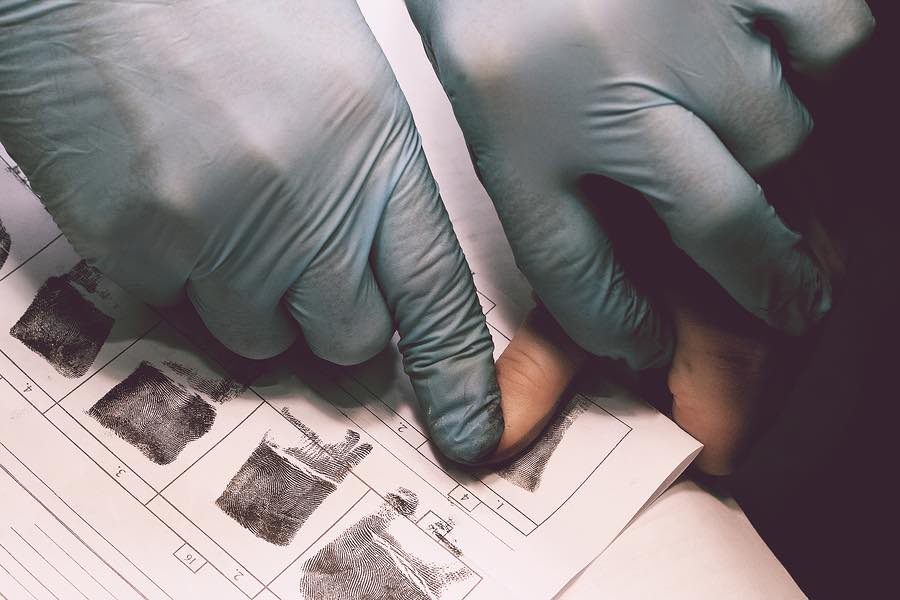June 18, 2018
Misdemeanors in Florida FAQ
In Florida, a misdemeanor is a criminal charge that’s punishable by less than one year of jail time. These charges are handled at the county court level (unless the charge is coupled with a felony charge). Sentences for misdemeanor convictions are less severe than those for felony convictions, but both are criminal convictions with the potential for negative consequences throughout life, even after the sentence has been served.
Examples of misdemeanor offenses include:
- DUI
- Disorderly conduct
- Petty theft
- Prostitution
- Loitering
- Battery
- Domestic violence battery
- Driving with a suspended license
- Possession of marijuana
- Resisting an officer
Do I Need to Hire a Lawyer for a Misdemeanor?
Yes! While not as serious as a felony charge, a misdemeanor is nonetheless a criminal offense with potentially life-altering ramifications. You could end up paying hefty fines, spending time in jail, experiencing job-search difficulty, struggling with housing and family rights, or dealing with other long-term negative consequences if you are convicted of a misdemeanor in Florida. Although misdemeanors are considered less serious than felonies, the “collateral consequences” of a misdemeanor conviction are comparable to those of a felony conviction—and misdemeanor offenses are even more difficult to expunge from your record than felony offenses.
In some cases, a lawyer can have your misdemeanor case dismissed entirely. Even if this is not possible, by hiring a lawyer who is well versed in Florida law, you can significantly increase your chances of a positive outcome for your case. A criminal defense lawyer will work to get your charges reduced before court proceedings begin, and if you are sentenced, a lawyer can negotiate sentence reductions or possibly help you avoid jail time altogether.
First vs. Second Degree Misdemeanor Charges
Florida law distinguishes between first and second-degree misdemeanors. Both are considered criminal charges, but first-degree misdemeanors can carry a sentence of up to one year in jail, while second-degree misdemeanors will carry a maximum sentence of 60 days in jail.
Theft of property valued at more than $100 and less than $300 is an example of a first-degree misdemeanor in Florida, while prostitution (first-time offense) is considered a second-degree misdemeanor in Florida.
Potential Consequences of a Misdemeanor Charge and Conviction
If you are charged with a misdemeanor in Florida, you will be fingerprinted, and your mug shot will be taken. You will have a criminal record, which can affect your ability to secure employment, loans, and housing, and can lead to other financial, emotional and social difficulties down the road.
Contact the Khonsari Law Group Today to Discuss Your Florida Misdemeanor Case
Call the Khonsari Law Group at (727) 269-5300 or contact KLG defense online to speak with an experienced attorney today about your misdemeanor charge. KLG’s lawyers approach each client’s situation on a case-by-case basis and know the ins and outs of Florida law. They have helped many clients deal with their misdemeanor charges—sometimes getting cases dismissed entirely, and minimizing fines and jail time whenever possible. Contact the Khonsari Law Group today to talk to an attorney who can help with your Florida misdemeanor case.


